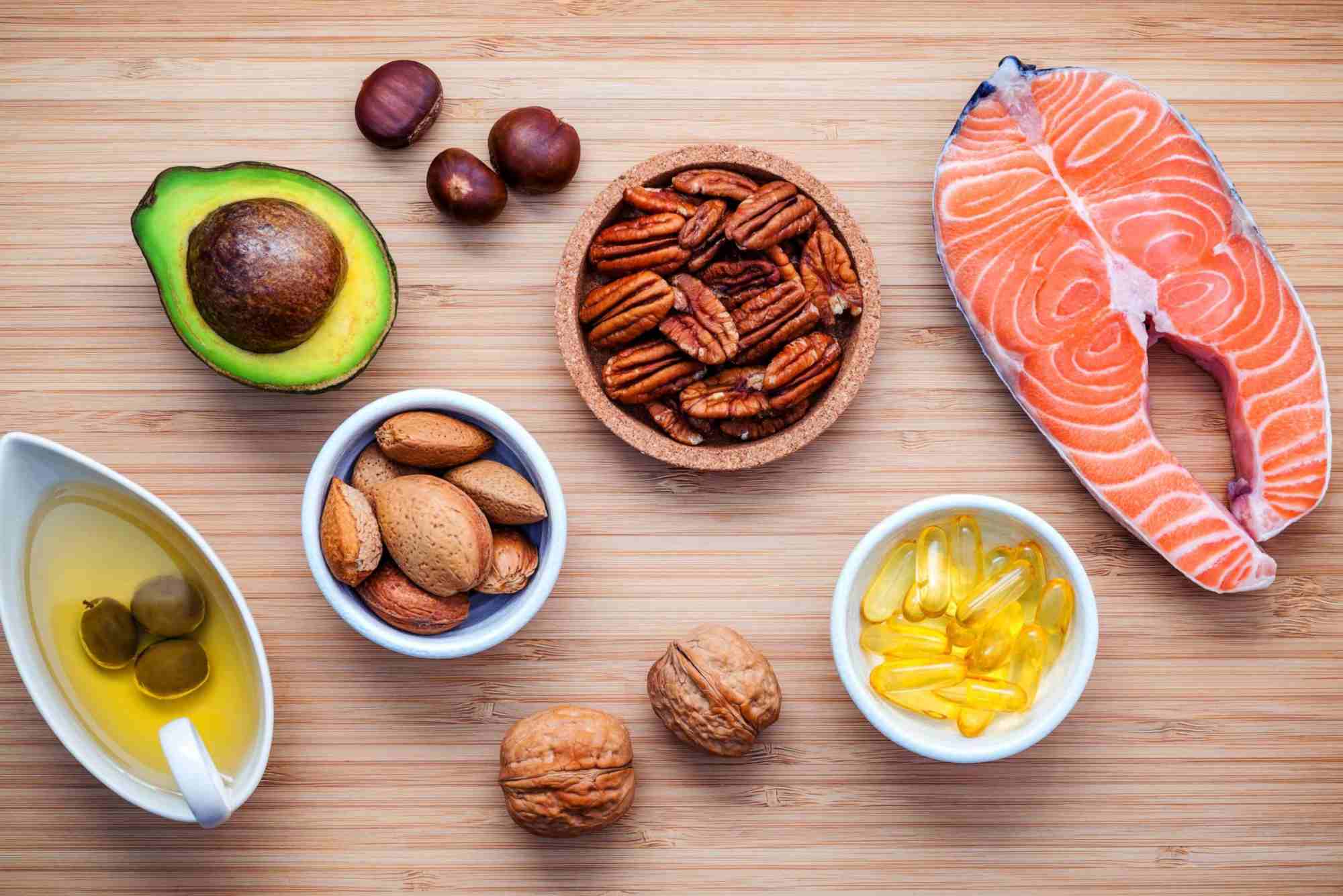If you’ve been feeling stressed, anxious, or struggling to sleep, your brain might be low on GABA. Gamma-aminobutyric acid, or GABA, is a neurotransmitter that helps calm your nervous system. Luckily, there are several foods that increase GABA naturally—no supplements required.
In this guide, we’ll explore how your diet can help boost GABA levels, what foods support its production, and why this matters for mental health. Let’s dive into how simple dietary choices can lead to a calmer, clearer mind.
What Is GABA and Why Is It Important?
GABA is the brain’s primary inhibitory neurotransmitter. It acts as a natural calming agent, helping to reduce brain activity and regulate mood, sleep, and anxiety.
Low levels of GABA have been linked to conditions like:
- Anxiety disorders
- Insomnia
- Depression
- Epilepsy
- Chronic stress
Increasing GABA can support relaxation and mental clarity. While medications like benzodiazepines target GABA receptors, they come with side effects. That’s why many people turn to foods that increase GABA levels naturally.
How Diet Influences GABA Levels
Your body doesn’t get GABA directly from food in large amounts. Instead, certain nutrients support the production of GABA from glutamate (an excitatory neurotransmitter). These nutrients include:
- Vitamin B6
- Magnesium
- Zinc
- L-theanine
- Probiotics (for gut-brain axis regulation)
By eating a GABA-supportive diet, you can help your brain maintain a healthy balance of excitation and inhibition.
Best Foods That Increase GABA Naturally
Let’s explore some of the top GABA-boosting foods backed by nutritional science.
Fermented Foods and Probiotics
Fermented foods help nourish gut bacteria that support GABA production via the gut-brain axis. Research shows that certain strains of probiotics, like Lactobacillus rhamnosus, can increase GABA receptor expression in the brain.
Sprouted Whole Grains
Whole grains like brown rice, oats, and barley contain glutamic acid, the precursor to GABA. When sprouted or germinated, their GABA content increases significantly. Sprouting also enhances absorption of B vitamins, especially B6, which aids in GABA synthesis.
Leafy Green Vegetables
Spinach, kale, and Swiss chard are rich in magnesium—a mineral essential for activating GABA receptors. Without enough magnesium, GABA signaling may be impaired, which can lead to heightened stress.
Broccoli and Cruciferous Vegetables
These vegetables contain compounds that may help balance neurotransmitter levels, including GABA. They also support liver detoxification, indirectly aiding brain health.
Sweet Potatoes
Sweet potatoes offer complex carbs and vitamin B6, both of which play a role in neurotransmitter function. Vitamin B6 acts as a coenzyme in GABA production, making these tubers a brain-friendly carb source.
Almonds and Walnuts
Nuts like almonds and walnuts are rich in magnesium and healthy fats that support brain health. Their nutrient profile also helps stabilize blood sugar levels, preventing GABA-disrupting stress responses.
Tomatoes
Tomatoes are naturally high in GABA. Their glutamate content also helps fuel GABA production. Cooking them enhances bioavailability of their nutrients, including lycopene, which supports overall brain function.
Brown Rice
When germinated, brown rice sees a significant rise in GABA levels. It’s also a complex carb that helps regulate blood sugar and provides B vitamins essential for neurotransmitter balance.
Mushrooms
Certain mushroom varieties like oyster mushrooms naturally contain GABA. They also offer antioxidant properties and B vitamins that support overall mental wellness.
Green Tea
Green tea contains L-theanine, an amino acid that promotes GABA production and enhances its calming effects. It’s known to reduce anxiety without causing drowsiness.
Lifestyle Tips to Maximize GABA from Food
To get the most from foods that increase GABA, pair your diet with healthy habits that support neurotransmitter balance:
- Practice mindful eating: Stress during meals affects digestion and GABA synthesis.
- Sleep well: Sleep deprivation lowers GABA levels.
- Exercise regularly: Physical activity boosts GABA production in the brain.
- Reduce caffeine and sugar: Excess stimulants can disrupt GABA balance.
What to Avoid If You Want to Boost GABA Naturally
While some foods promote GABA production, others can deplete it. Try to limit:
- Processed foods high in sugar
- Excess alcohol
- Caffeine (especially in high doses)
- Artificial additives and preservatives
These can overstimulate the nervous system or cause inflammation, interfering with GABA function.
Signs You Might Have Low GABA
If you’re unsure whether your GABA levels are low, watch for these common symptoms:
- Trouble falling or staying asleep
- Persistent anxiety or tension
- Muscle tightness or twitching
- Racing thoughts
- Sensitivity to stress or overstimulation
A blood or urine test can check GABA levels, but many practitioners look at symptoms and lifestyle to assess imbalances.
Natural Supplements That Support GABA (Complement to Diet)
While food should come first, some people benefit from supplements that complement a GABA-supportive diet. These include:
- GABA (in pharmacological doses—some forms cross the blood-brain barrier)
- L-theanine
- Magnesium glycinate or threonate
- Taurine
- B-complex vitamins
Always consult a healthcare provider before starting supplements.
Eat Your Way to a Calmer Mind
Your brain’s chemistry is influenced by what you eat. By focusing on whole, nutrient-dense foods that increase GABA, you can naturally support a calmer nervous system, better sleep, and sharper mental focus.
Remember, results take time. Aim to include several of these GABA-supporting foods in your daily routine and pair them with lifestyle habits that promote brain health.
Ready to Take Control of Your Brain Health?
Start today by adding one GABA-friendly food to your next meal. Feeling calmer could be as simple as what’s on your plate.
FAQs About Foods That Increase GABA
What foods are highest in GABA?
Fermented foods like kimchi, miso, and yogurt have naturally high GABA levels. Sprouted brown rice and mushrooms also contain notable amounts.
Can I get enough GABA from food alone?
Food provides the building blocks and cofactors needed to make GABA, but levels can vary. For some, supplements may help.
Does coffee lower GABA levels?
Yes, caffeine can block GABA receptors, reducing its calming effect. Too much coffee may lead to jitteriness and anxiety.
How long does it take for dietary changes to affect GABA?
You might feel subtle changes within a week. Consistent dietary and lifestyle habits can yield noticeable improvements over 2–4 weeks.
Is it safe to take GABA supplements with food?
GABA supplements are generally safe but may interact with medications. Always consult your doctor before combining them with food-based strategies.





